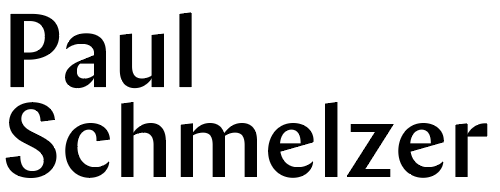Land O’ Lakes—a 101-year-old, 3,100-member cooperative—believes farmers play a pivotal role in helping solve key issues facing humanity, from food insecurity to rural “brain drain” to climate change. To tell stories of rural American solutions, I worked with Zeus Jones on a pilot editorial project, inspired in part by the audacity of Google X and the editorial excellence of Patagonia Stories. We set out to create six pieces that illustrate the three pillars of Land O’ Lakes’s “Rooted in Tomorrow” mission: stories that illustrate the coop’s values, transcend marketing initiatives and, hopefully, benefit the planet. We wanted stories that are bold, true, altruistic, and emotional—whether they involve Land O’ Lakes farmers or not.
These three values—sustainable futures, vibrant rural communities, and a safe and plentiful food supply—offered a bounty of story possibilities. We concepted dozens of approaches before narrowing to our final six. I interviewed a dozen or so subjects, from rural policy experts and economic development advocates to an education thought leader in Appalachia and a Black farmer in rural Mississippi, to write three pieces. The first two dug into the question of rural values: that is, while values are values, what’s special about rural places that offer rich terrain for exploration, invention, and change? And, more importantly, what can it mean to fully activate those values?
Launching the series was my piece, “In rural America, what you do matters,” which centers Benya Kraus, a Thai/American woman who brought her Ivy League credentials home to her family’s farm community of Waseca, Minnesota, to become a leader in rural economic development.
The second, “Thriving in 'The Middle of Somewhere,'" heads to Aberdeen, South Dakota, to see how connection—human and technological—can contribute to thriving rural communities.
And the third piece, forthcoming, looks at the spectrum of cooperative businesses that Land O’ Lakes is part of and how such a business model—embraced by organizations from the employee-owned Hub Bike Shop in Minneapolis to the hybrid Weaver Street Coop chain in North Carolina to the Wisconsin worker-owned Isthmus Manufacturing and Technology—can be a lifeline for neighborhoods and communities.
Working with the ZJ team, I concepted the remaining pieces, which were written by other writers and tackle issues including the role of rural places in climate resilience, farmers and food security, and the link between rural connectivity and health. I’ll post links here as these final stories are published.



